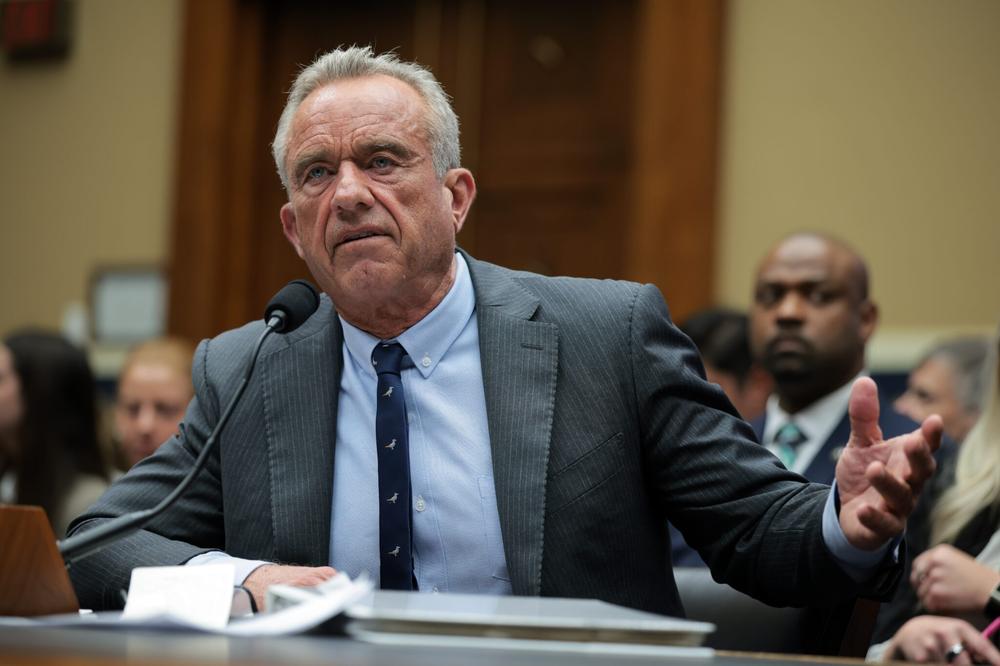Health and medical groups around the country are bracing for another grievous blow to America's infrastructure of evidence-based health, this time targeting preventive medicine.
Earlier this week, health secretary and ardent anti-vaccine activist Robert F. Kennedy Jr. abruptly canceled a meeting of the United States Preventive Services Task Force (USPSTF), a scientifically independent panel of up to 16 volunteer experts that issues rigorous, evidence-based recommendations on preventive care—on everything from colonoscopies to folic acid supplements in pregnancy. The panel uses a highly transparent and rigorous framework, grading recommendations on an A to D scale. Recommendations with an A or B grade are adopted nationwide, and health insurance plans are required to cover them at no cost to patients.
The meeting scheduled for Thursday was reportedly going to focus on cardiovascular disease. Kennedy canceled it without explanation.
The cancellation echoes the treatment of an instrumental vaccine advisory committee at the Centers for Disease Control and Prevention. Kennedy also abruptly canceled a meeting for that committee—the Advisory Committee on Immunization Practices, or ACIP—scheduled in February. On June 9, Kennedy fired all 17 members of the committee and, days later, replaced them with seven hand-picked members (an eighth dropped out). Most of the new members have little to no expertise for the panel, and several share the same anti-vaccine and contrarian public health views as Kennedy. In their first meeting in late June, the reconstituted ACIP withdrew recommendations for long-standing flu vaccines based on anti-vaccine junk science and announced plans to review the entire schedule of routine childhood vaccines as well as a specific measles vaccine.
“Worrying”
With the latest cancellation, experts fear the USPSTF is next. "This is very worrying, because if past is prologue, it may suggest that they are preparing to eliminate or emasculate the committee,” Peter Lurie, executive director of the Center for Science in the Public Interest, told The New York Times.
Such concerns were first raised after a June 27 US Supreme Court ruling that upheld the provision in the Affordable Care Act that requires health plans to cover USPSTF A- and B-grade recommendations. The ruling preserved critical preventive care coverage but affirmed Kennedy's authority to control the task force—such as replacing members and undoing recommendations.
In a letter to Congress this week, health and medical organizations urged lawmakers to protect the USPSTF from Kennedy, noting the Supreme Court ruling. In the wake of the ruling, they wrote, "It is critical that Congress protects the integrity of the USPSTF from intentional or unintentional political interference. The loss of trustworthiness in the rigorous and nonpartisan work of the Task Force would devastate patients, hospital systems, and payers as misinformation creates barriers to accessing lifesaving and cost effective care."
The letter was led by nonprofit health professional organization AcademyHealth and signed by over 100 other organizations, including the American Medical Association, the American Academy of Pediatrics, and the American Public Health Association.

